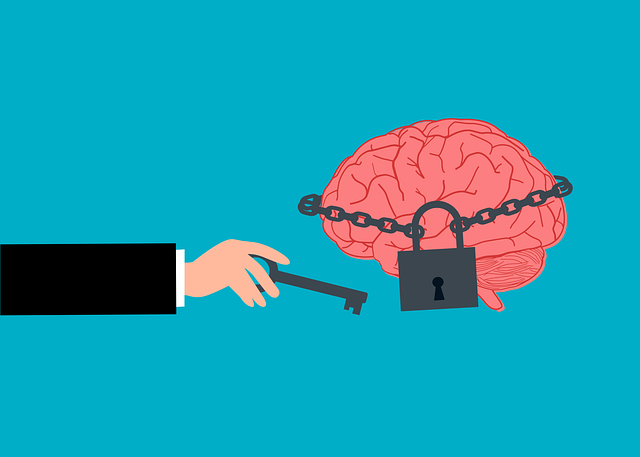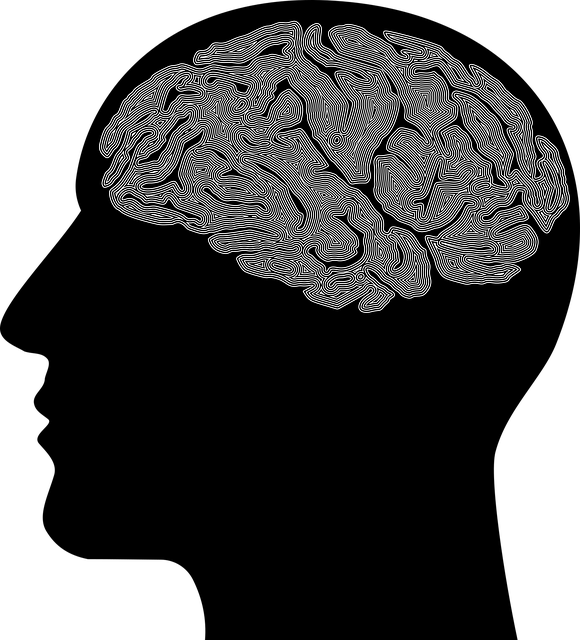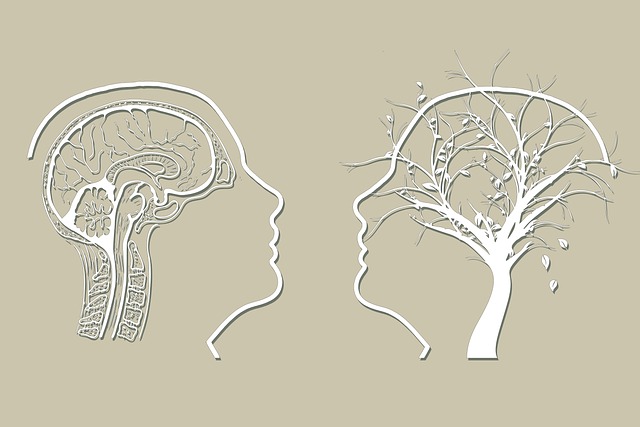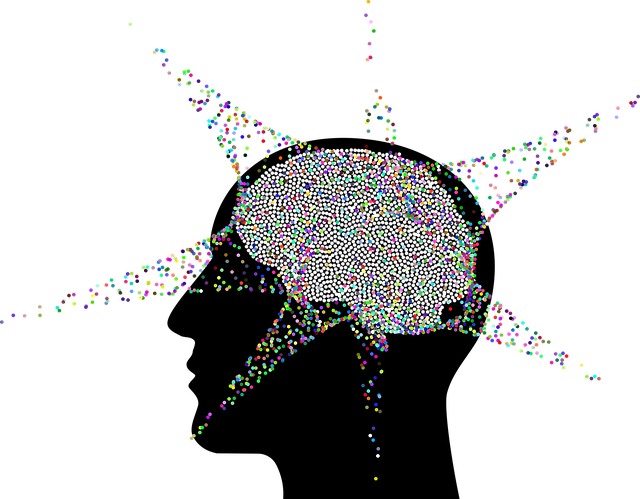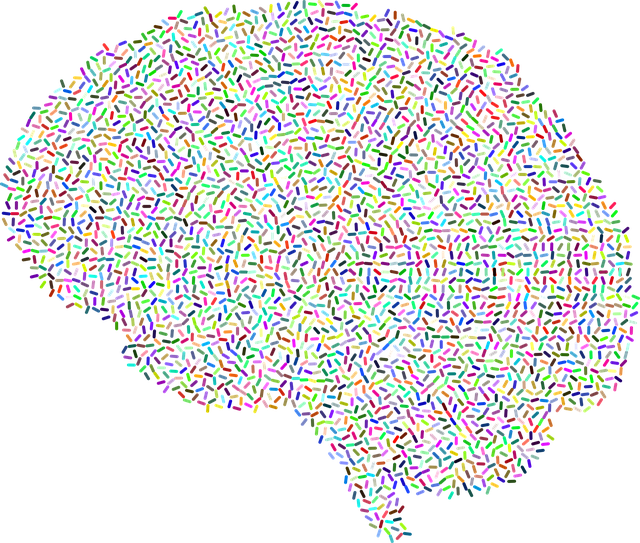Greenwood Village Bariatric Evaluations Therapy leads in promoting mental wellness through comprehensive holistic programs tailored to diverse communities' unique needs. Using a blend of quantitative and qualitative assessment methods, these evaluations focus on emotional well-being, coping skills development, and personal growth. By measuring Key Performance Indicators (KPIs), the program ensures effectiveness, tracking improvements in client engagement, adherence to plans, physical health, mood, stress management, and satisfaction. This strategic approach revolutionizes mental wellness coaching, fostering a resilient community where individuals thrive.
Mental wellness programs are essential components of holistic healthcare, addressing diverse psychological and emotional needs. This article explores effective evaluation methods for such programs, including a unique approach seen in Greenwood Village Bariatric Evaluations. We delve into therapy assessment techniques, comparing quantitative and qualitative methods, and highlight key performance indicators for measuring success. By examining these strategies, professionals can optimize mental wellness interventions, ensuring tailored and impactful care.
- Understanding Mental Wellness Programs and Their Importance
- Greenwood Village Bariatric Evaluations: A Unique Approach
- Therapy Assessment Techniques for Comprehensive Evaluation
- Quantitative vs Qualitative Methods: Pros and Cons
- Measuring Success: Key Performance Indicators for Wellness Programs
Understanding Mental Wellness Programs and Their Importance

Mental wellness programs are integral to fostering a healthy and productive environment, especially in communities like Greenwood Village where diverse populations may face unique challenges. These initiatives aim to promote emotional well-being and prevent burnout among individuals, which is crucial for overall community health. In today’s fast-paced world, healthcare providers often face heightened stress levels, leading to potential burnout. Thus, incorporating strategies such as Mindfulness Meditation can be a game-changer in preventing professional exhaustion.
Greenwood Village Bariatric Evaluations Therapy serves as an excellent example of a mental wellness program designed to cater to specific needs. By implementing therapeutic interventions and Emotional Well-being Promotion Techniques, these programs ensure individuals receive holistic support. Such initiatives not only benefit the participants but also contribute to a more resilient community where folks can thrive with improved mental health and reduced stress levels.
Greenwood Village Bariatric Evaluations: A Unique Approach

Greenwood Village Bariatric Evaluations offer a unique and comprehensive approach to mental wellness program evaluation. This innovative system goes beyond traditional therapy by integrating coping skills development and emotional well-being promotion techniques tailored to each individual’s needs. By assessing various aspects of a person’s life, including their eating habits, relationships, and stress reduction methods, Greenwood Village provides a holistic understanding of the patient’s overall mental health.
The evaluations are meticulously designed to help individuals not only manage but also thrive. Through specialized therapy sessions, they learn effective strategies to cope with emotional challenges, leading to improved mental resilience. This proactive approach not only addresses current issues but also equips participants with lifelong tools for maintaining optimal emotional well-being.
Therapy Assessment Techniques for Comprehensive Evaluation

In evaluating mental wellness programs, particularly in a setting like Greenwood Village Bariatric Evaluations Therapy, a multifaceted approach is essential. Beyond traditional assessment tools, therapists employ various dynamic techniques to gain deeper insights into individuals’ emotional healing processes and self-esteem improvement journeys. These methods extend beyond simple questionnaires, encouraging qualitative feedback through open-ended discussions and case studies that capture personal narratives and unique challenges.
The design of mental health education programs plays a pivotal role in this comprehensive evaluation. By integrating these assessment techniques, therapists can tailor interventions to address specific needs. This personalized approach not only enhances the effectiveness of therapy but also fosters deeper engagement and positive outcomes for clients navigating complex emotional landscapes.
Quantitative vs Qualitative Methods: Pros and Cons

When evaluating mental wellness programs, researchers often employ either quantitative or qualitative methods, each with its unique advantages and drawbacks. Quantitative methods, like those used in Greenwood Village bariatric evaluations, rely on numerical data and statistical analysis. They offer a clear picture of program effectiveness through measurable outcomes, allowing for comparisons across different interventions. This approach is particularly useful for tracking progress at large scales and identifying trends within populations. For instance, assessing changes in patient symptoms or mood scores over time can provide quantitative evidence of therapy success.
On the other hand, qualitative methods delve into individuals’ experiences and perceptions, fostering a deeper understanding of participants’ journeys. They include techniques like interviews and focus groups, which encourage open dialogue about personal growth, self-care practices, and resilience building. These methods are invaluable for exploring complex social and emotional aspects, especially in areas like burnout prevention. While less structured than quantitative approaches, qualitative data provides rich insights into individuals’ unique responses to wellness programs, ensuring a more holistic evaluation that considers the diverse needs of participants.
Measuring Success: Key Performance Indicators for Wellness Programs

Measuring success is a critical component of any mental wellness program evaluation, offering insights into the impact and effectiveness of interventions. Key Performance Indicators (KPIs) serve as metrics to assess progress and guide strategic decisions for improvement. For Greenwood Village Bariatric Evaluations Therapy focusing on lifestyle changes, KPIs might include tracking client engagement in therapy sessions, adherence to treatment plans, and improvements in physical health markers such as weight loss or blood pressure reduction.
The organization of Mental Wellness Coaching Programs Development often emphasizes mood management and stress management workshops. Evaluating these initiatives could involve measuring participant satisfaction rates, changes in perceived stress levels through standardized questionnaires, and the effectiveness of coping strategies learned. By analyzing these KPIs, organizations can tailor their approaches, ensuring that programs like Greenwood Village’s remain responsive to the evolving needs of clients, fostering a culture of continuous improvement and positive mental wellness outcomes.
Evaluating mental wellness programs is paramount to ensuring their effectiveness. From understanding program importance to utilizing diverse assessment techniques, such as Greenwood Village’s innovative bariatric evaluations and qualitative/quantitative method comparisons, a comprehensive approach is key. By measuring success through established performance indicators, we can optimize these programs to better support individuals’ mental health journeys. Integrating therapy assessments ensures tailored interventions, fostering meaningful improvements in well-being outcomes.




